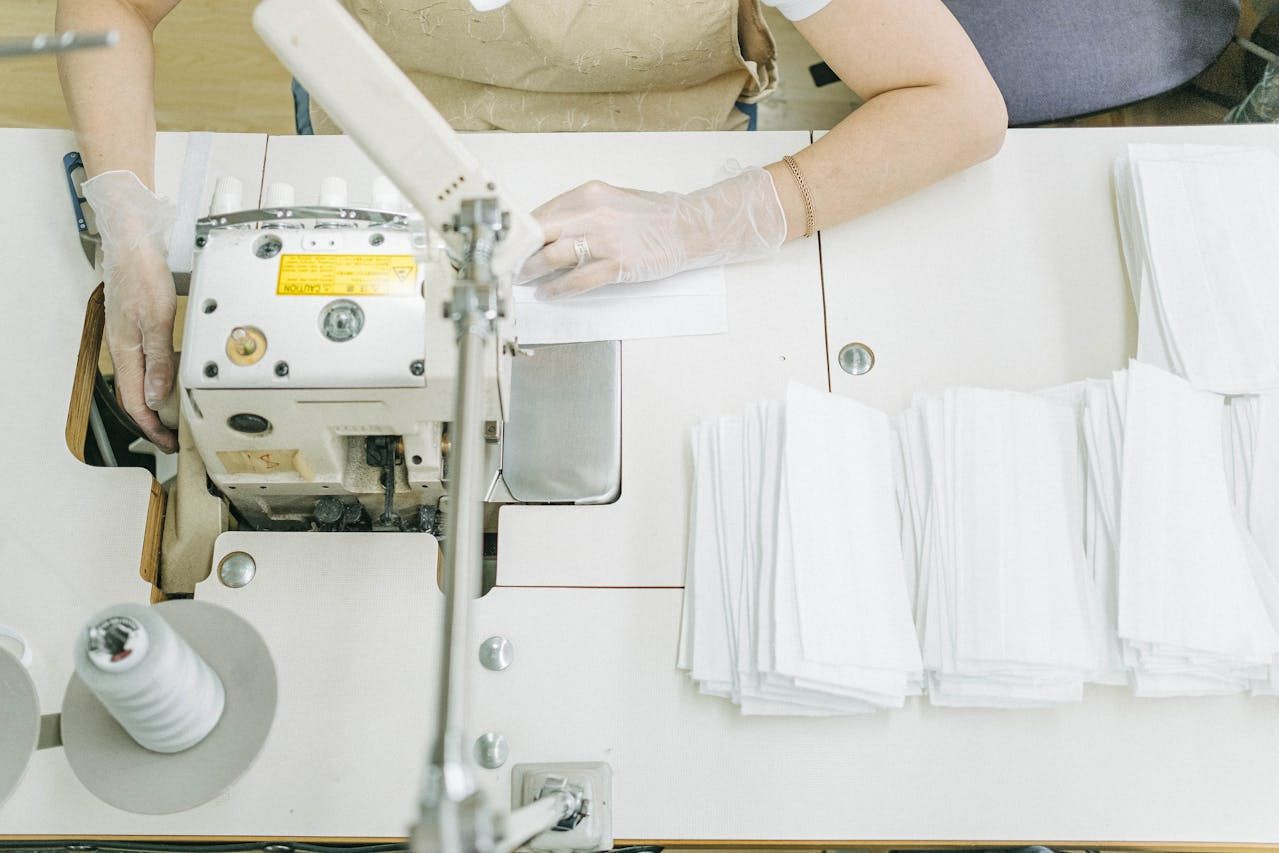The Coffee Brand That Lost ₹10 Lakhs (And Why It Was Worth It)
- 14 Mar, 2025
In the lush hills of Coorg, where coffee plantations stretch like emerald carpets, a small startup named BeanEthik set out to revolutionize India’s coffee industry. Their mission? To brew a cup of change by prioritizing ethics over profits. But in 2022, their bold choices led to a staggering ₹10 lakh loss—a failure that ultimately redefined their legacy.
The Birth of BeanEthik: A Dream Steeped in Ethics
Founded in 2020 by siblings Arjun and Priya Malhotra, BeanEthik was born from a desire to uplift coffee farmers trapped in cycles of exploitation. The duo vowed to pay growers 30% above Fair Trade prices, use 100% biodegradable packaging, and invest 20% of profits into education for farmers’ children. “We wanted every sip to carry the taste of justice,” Arjun explains.
But idealism soon collided with harsh realities.
The ₹10 Lakh Mistake: How Ethics Clashed with Economics
BeanEthik’s commitment to ethical practices came at a steep cost. Below is a breakdown of their strategies, financial setbacks, and unexpected wins:
| Ethical Initiative | Cost | Short-Term Impact | Long-Term Gain |
|---|---|---|---|
| 1. Premium Farmer Payments | Paid ₹50/kg vs. market rate of ₹35/kg. | Reduced profit margins by 40%; cash flow shortages. | Earned loyalty from 200+ farmers; secured exclusive high-quality beans. |
| 2. Eco-Packaging | Biodegradable bags cost 3x plastic. | Added ₹2 lakhs to annual expenses. | Viral social media praise; 10K+ eco-conscious customers. |
| 3. Community Education Fund | Allocated ₹5 lakhs/year to schools. | Drained reserves; delayed equipment upgrades. | 150+ children enrolled in schools; partnerships with NGOs. |
| 4. Carbon-Neutral Shipping | Invested ₹3 lakhs in offsets. | Increased delivery costs by 25%. | Featured in Sustainable Biz Magazine; corporate clients sought partnerships. |
By late 2022, these choices culminated in a ₹10 lakh annual loss. Critics called them “naive,” and investors pulled out. Yet, the Malhotras refused to compromise.
The Crisis That Brewed Resilience
The financial blow forced BeanEthik to pivot. They slashed marketing budgets, shifted to a direct-to-consumer model, and launched a crowdfunding campaign titled “Stand for Something.” To their surprise, 2,500 customers pre-ordered six months’ worth of coffee, injecting ₹7 lakhs overnight. “People didn’t just buy coffee—they bought into our values,” Priya recalls.
Why Losing ₹10 Lakhs Was Worth It
- Trust Over Transactions: BeanEthik’s transparency attracted a cult following. Customers willingly paid a premium, boosting sales by 60% in 2023.
- Industry Influence: Competing brands began adopting biodegradable packaging, fearing consumer backlash.
- Farmer Empowerment: Their model inspired a cooperative of 50 farmers to launch their own ethical brand, RoastRights.
- Media & Awards: Featured on Shark Tank India as a “Purpose-Driven Pitch,” winning grants and mentorship.
Key Lessons from an Ethical Business “Failure”
- Sustainability Requires Sacrifice: Short-term losses can seed long-term loyalty.
- Community is Currency: Investing in people creates advocates, not just customers.
- Transparency Fuels Trust: Sharing struggles openly builds deeper connections.
The Future: Stronger, Wiser, and Still Brewing
Today, BeanEthik is breaking even, with plans to expand to Europe. Their “failure” became a case study at IIM Bangalore, proving that ethical businesses can thrive—if they endure the storm.
“Losing ₹10 lakhs taught us resilience,” Arjun says. “But gaining the world’s trust? That’s priceless.”
Final Sip of Wisdom
BeanEthik’s story isn’t about profit and loss—it’s about purpose. In a world obsessed with bottom lines, their “failure” challenges us to ask: What’s the true cost of cutting corners? Sometimes, losing money is the only way to win respect.
Next time you drink coffee, ask: Was it brewed with ethics or exploitation? ☕🌱

